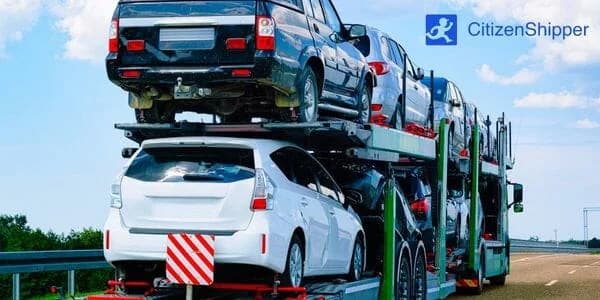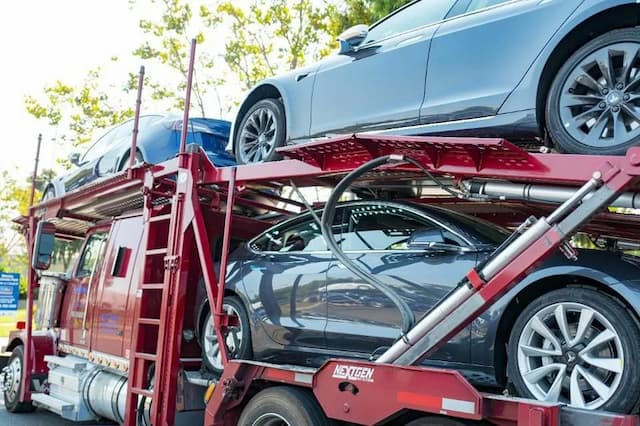Navigating Car Transport in Littleton, CO
When it comes to shipping your car in Colorado, there's a world of factors to consider. Colorado, with its challenging mountain passes, extreme weather conditions, and unique transport regulations, presents a distinct set of circumstances. But don't worry! Here at CitizenShipper, we are committed to helping you navigate through it all. Whether you're moving into or out of Littleton or need to transport your car for any reason, our expert team is here to help.
Colorado's Vehicle Transportation Laws & Regulations
In Colorado, car transportation laws and regulations are in place to ensure the safety and preservation of all vehicles and public roadways. Auto transporters must adhere to the Federal Motor Carrier Safety Administration (FMCSA) regulations for safety. Compliance involves ensuring that all vehicles are properly secured during transport and maintaining necessary documents for every shipped vehicle.
All auto transporters operating in Colorado must also possess an active MC Docket number, issued by the FMCSA. This number signifies that a transportation company is registered under the federal government, allowing them to legally operate across state lines. Additionally, Colorado has specific chain laws that may apply during winter months, requiring transporters to carry chains when traveling through mountain corridors from September through May.
Weather & Terrain Considerations in Littleton, CO
Weather patterns in Littleton, CO have a significant impact on car shipping. With its high-altitude climate, Littleton experiences warm summers and cold, snowy winters. The city can see substantial snowfall from October through April, which can significantly affect transportation schedules and routes.
Littleton's terrain, situated at the foothills of the Rocky Mountains at an elevation of about 5,351 feet, presents unique challenges for vehicle transport. The combination of high altitude, steep grades on nearby highways like I-70, and winter weather conditions can create shipping challenges, especially for larger vehicles or specialty cars. It's beneficial to plan ahead and account for possible delays, particularly during winter months when mountain passes may be temporarily closed due to weather conditions.








